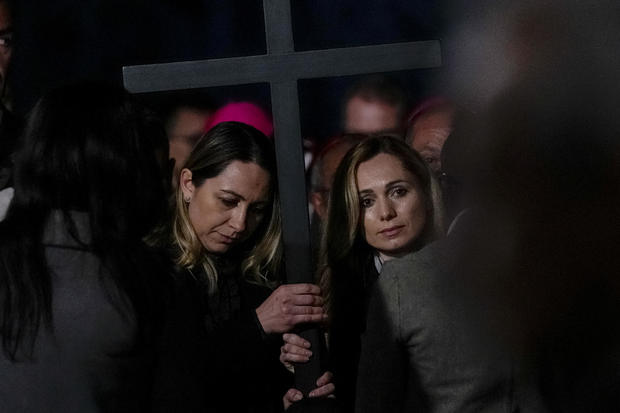*In a powerful display of interfaith solidarity, Muslims and Christians gathered on Saturday evening at the Basilica of Our Lady of Africa in Algiers to pray for peace in the Middle East, particularly focusing on the ongoing conflict in Gaza.
**
Archbishop Jean-Paul Vesco of Algiers expressed the collective intention behind the gathering, stating, “Today we wanted to organize a day of fasting and prayer for peace and for an end to the fighting, but with justice in Gaza. It’s a day of prayer in solidarity with all the people of Gaza.”
Around 200 individuals, including foreign diplomats and representatives of various associations, responded to the call by the Catholic Church in Algeria to come together and pray for peace in the Gaza Strip, where residents are enduring what the Archdiocese of Algiers describes as an “insupportable tributary” to conflict.
Among the attendees were French Ambassador Stephane Romatet, Palestinian Ambassador Fayez Mohamed Mahoum Abu Aita, Archbishop Jean-Paul Vesco, and the president of the Algerian association “Passerelles de la paix,” Youcef Mecheria.
Ambassador Romatet emphasized the significance of the diverse community present, encompassing Muslims and Christians, particularly in a time when global peace is under threat, especially in the Middle East.
“We responded to this call to pray for the end of the conflict in the Middle East, in Palestine, and in Gaza,” stated Mr. Mecheria.










